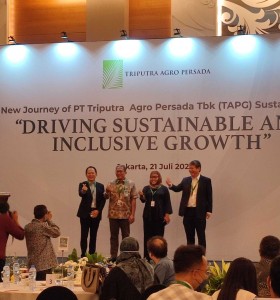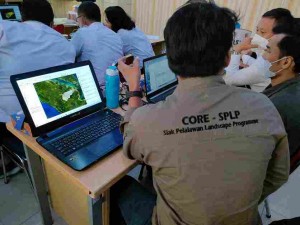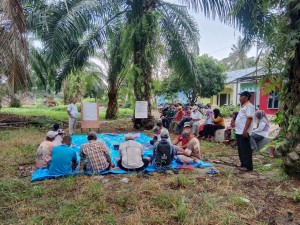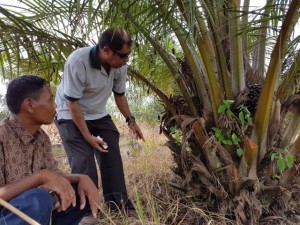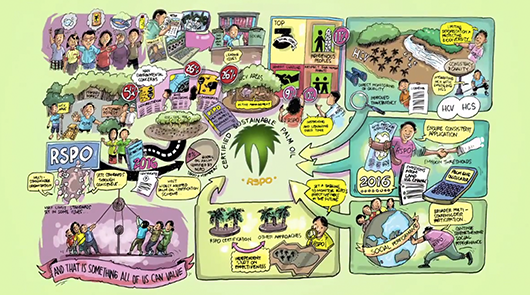
| Client | RSPO |
| Period | Sept. - Nov. 2014 |
| Location | International |
| Partner | - |
| Sectors | Agriculture |
| Focus Area |
This independent study aims to define key concerns about palm oil, describe how the RSPO address them, highlight the RSPO approach's strengths and weaknesses, and recommend actions to strengthen the system and narrow the gaps.
Consumer demands for sustainability in palm oil are shifting. The Roundtable on Sustainable Palm Oil (RSPO), the world’s leading certification system for sustainable palm oil, commissioned Daemeter to conduct an independent study to define key market demands and describe how RSPO is addressing them.
Daemeter surveyed hundreds of articles related to palm oil sustainability published in the past year in eight leading online media and found that deforestation, GHG emissions, and biodiversity topped the list of issues most frequently. Social issues, including safeguards for Indigenous People and human rights, were also highlighted, alongside certification processes and traceability.
The study found the RSPO standard and supporting systems speak to all six issues, and the approach meets market demands for some issues but not all. The RSPO is aware of issues on which delivery lags behind demands, and has committed to continue strengthening systems and improving performance. Most urgently needed are published studies to demonstrate and monitor effectiveness and impact of the RSPO.

